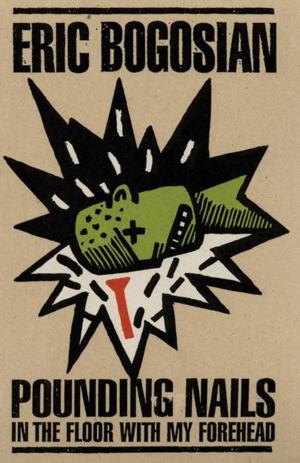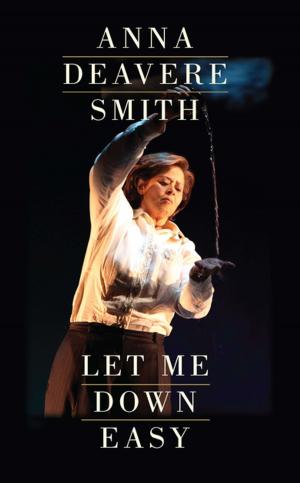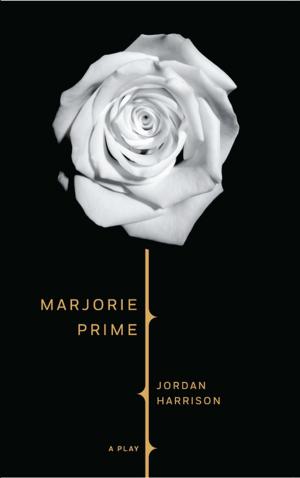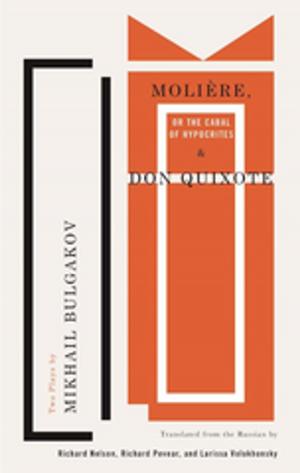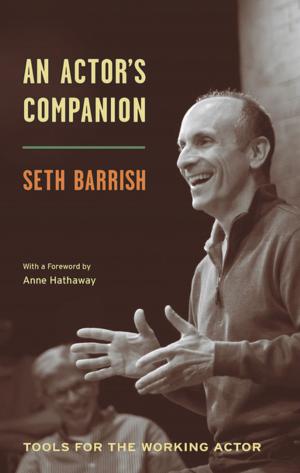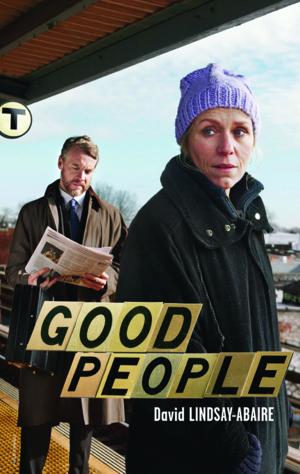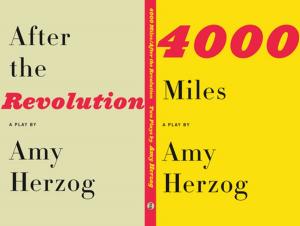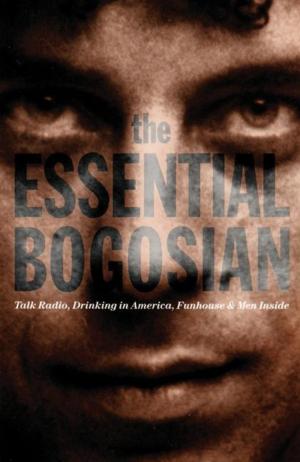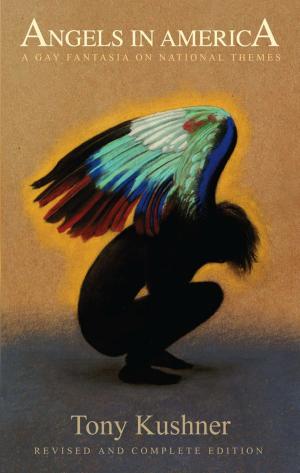Training of the American Actor
Nonfiction, Entertainment, Performing Arts, Theatre, Acting & Auditioning, Fiction & Literature, Drama| Author: | ISBN: | 9781559366199 | |
| Publisher: | Theatre Communications Group | Publication: | February 1, 2006 |
| Imprint: | Theatre Communications Group | Language: | English |
| Author: | |
| ISBN: | 9781559366199 |
| Publisher: | Theatre Communications Group |
| Publication: | February 1, 2006 |
| Imprint: | Theatre Communications Group |
| Language: | English |
Successful acting must reflect a society’s current beliefs. The men and women who developed each new technique were convinced that previous methods were not equal to the full challenges of their time and place, and the techniques in this book have been adapted to current needs in order to continue to be successful methods for training actors. The actor’s journey is an individual one, and the actor seeks a form, or a variety of forms, of training that will assist in unlocking his own creative gifts of expression.—from the introduction
The first comprehensive survey and study of the major techniques developed by and for the American actor over the past 60 years. Each of the 10 disciplines included is described in detail by one of today’s foremost practitioners.
Presented in this volume are:
• Lee Strasberg’s Method by Anna Strasberg, Lee’s former student, widow, and current director of The Lee Strasberg Theatre Institute
• Stella Adler Technique by Tom Oppenheim, Stella’s grandson and artistic director of the Stella Adler Institute in New York
• Sanford Meisner Technique by Victoria Hart, director of the Meisner Extension at New York University
• Michael Chekhov Technique and The Mask by Per Brahe, a Danish teacher inspired by Balinese dance and introduced to the Chekhov technique in Russia
• Uta Hagen Technique by Carol Rosenfeld, who taught under Hagen’s tutelage at the Herbert Berghof (HB) Studio
• Physical Acting Inspired by Grotowski by Stephen Wangh, who studied with Jerzy Grotowski himself
• The Viewpoints by Mary Overlie, the creator of Viewpoints theory
• Practical Aesthetics by Robert Bella of the David Mamet-inspired Atlantic Theatre Company school
• Interdisciplinary Training by Fritz Ertl, who teaches at the Playwrights Horizons Theatre School
• Neoclassical Training by Louis Scheeder, director of the Classical Studio of New York University
Arthur Bartow is the artistic director of the Department of Drama at New York University’s Tisch School of the Arts. A former associate director of Theatre Communications Group, he is the author of the landmark book The Director’s Voice.
Successful acting must reflect a society’s current beliefs. The men and women who developed each new technique were convinced that previous methods were not equal to the full challenges of their time and place, and the techniques in this book have been adapted to current needs in order to continue to be successful methods for training actors. The actor’s journey is an individual one, and the actor seeks a form, or a variety of forms, of training that will assist in unlocking his own creative gifts of expression.—from the introduction
The first comprehensive survey and study of the major techniques developed by and for the American actor over the past 60 years. Each of the 10 disciplines included is described in detail by one of today’s foremost practitioners.
Presented in this volume are:
• Lee Strasberg’s Method by Anna Strasberg, Lee’s former student, widow, and current director of The Lee Strasberg Theatre Institute
• Stella Adler Technique by Tom Oppenheim, Stella’s grandson and artistic director of the Stella Adler Institute in New York
• Sanford Meisner Technique by Victoria Hart, director of the Meisner Extension at New York University
• Michael Chekhov Technique and The Mask by Per Brahe, a Danish teacher inspired by Balinese dance and introduced to the Chekhov technique in Russia
• Uta Hagen Technique by Carol Rosenfeld, who taught under Hagen’s tutelage at the Herbert Berghof (HB) Studio
• Physical Acting Inspired by Grotowski by Stephen Wangh, who studied with Jerzy Grotowski himself
• The Viewpoints by Mary Overlie, the creator of Viewpoints theory
• Practical Aesthetics by Robert Bella of the David Mamet-inspired Atlantic Theatre Company school
• Interdisciplinary Training by Fritz Ertl, who teaches at the Playwrights Horizons Theatre School
• Neoclassical Training by Louis Scheeder, director of the Classical Studio of New York University
Arthur Bartow is the artistic director of the Department of Drama at New York University’s Tisch School of the Arts. A former associate director of Theatre Communications Group, he is the author of the landmark book The Director’s Voice.

